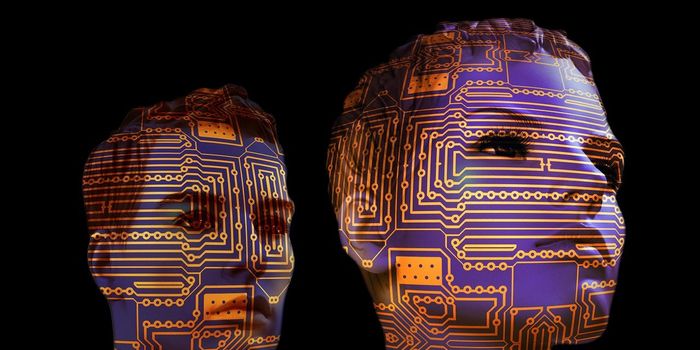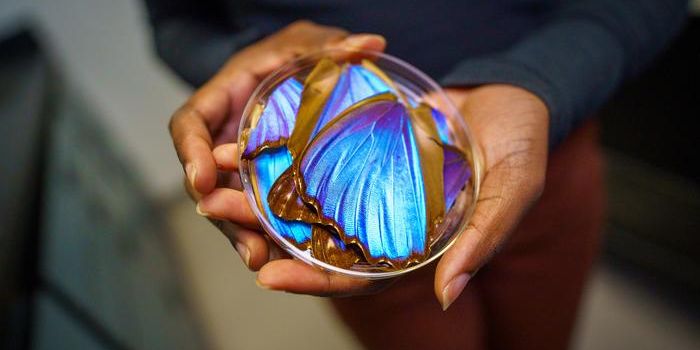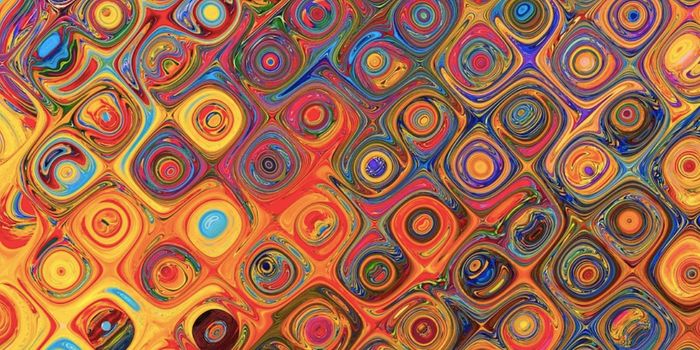Molecular Eraser Increases Data Storage Efficiency
Researchers at the University of Alberta in Canada have explained a hydrogen-related novel method that takes advantage of a natural physical phenomenon to the atomic-scale manufacturing world that can reduce carbon-intensive implications.
"Computers today are contributing one gigatonne of carbon emissions to the atmosphere, and we can eliminate that by enhancing the most power-hungry parts of conventional computers with our atomic-scale circuitry," said Robert Wolkow, professor in the University of Alberta's Department of Physics a Principal Research Officer at the National Research Council of Canada's Nanotechnology Research Centre, and chief technical officer of Quantum Silicon Inc, a spinoff company taking the technology to market. "This new tool better enables an ultra-efficient kind of hybrid computer for the training of neural networks for artificial intelligence."
The study is focused on the latest speeds of processes 1000 times on the atomic-scale manufacturing process. Naturally, hydrogen molecules will seek out and automatically repair errors in atomic-scale circuitry. Researchers sought to repair these mechanisms and utilize it to improve atomic data storage.
"It will take a couple of years, but there's an actual path to atomic-scale devices that will be very impactful for our world," said Roshan Achal, lead author on the new discovery, currently completing his PhD with Wolkow. "And we now have this faster and better application of atomic memory, which will only continue to improve with time."
Results hold implications in crafting smaller hard drives to more efficient data centers and supporting our data-driven climate-concerned planet.
"A single molecule landing on a surface can now be electrically detected," said Wolkow. "It's like a lightbulb goes on when this happens. You're detecting the tiniest most delicate event. It's beautiful and so useful. It's amenable to sensor incorporation in everything from your phone to diagnostic devices in the doctor's office."
Source: University of Alberta









